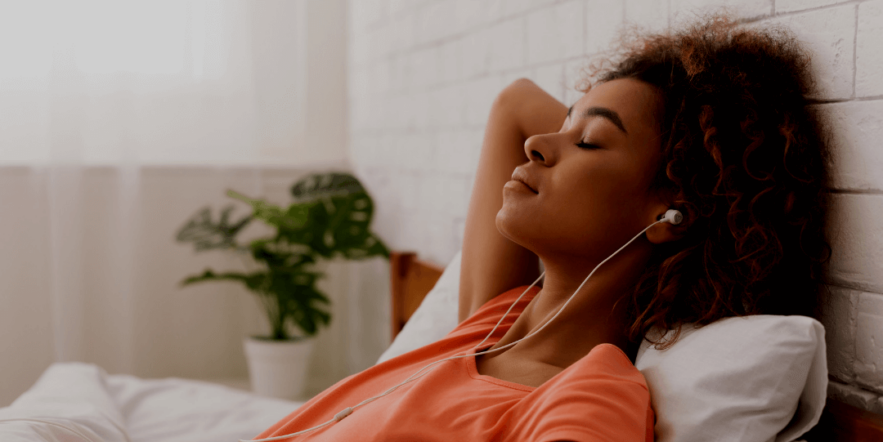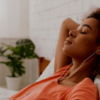I particularly like the 3rd article today about music and brain recovery after a stroke. It’s simple to do, isn’t likely to cause harm (I’d avoid music that causes stress), doesn’t cost much of anything and seems to work! Maybe a little night music could help people sleep without a diabetes pill?
Is Your Type 2 Diabetes Really Type 1? It Makes a Difference
Recent research shows that 30% of those diagnosed with Type 2 diabetes after the age of 30 actually have Type 1 (Juvenile) diabetes. A sign would be diet and medicine not being effective and progressing to insulin dependency within a couple of years.
Does that matter? Yes. Type 1 diabetes cannot be managed with diet and lifestyle changes, so using that treatment delays appropriate treatment and puts those at unnecessary risk.
- A third of type one diabetes is misdiagnosed in the over 30s – University of Exeter, April 29, 2019
- Type 1 diabetes defined by severe insulin deficiency occurs after 30 years of age and is commonly treated as type 2 diabetes – NIH/PubMed, April 10, 2019
“Z”zzzzzz Drugs, Warning of Dangerous, Unusual Behavior
Ambien, Lunesta, Sonata lead the pack of “Z” drugs. The FDA has added its most serious warning to their packaging listing “complex sleep behaviors” potentially leading to serious injury or death. The warning applies to zolpidem tartrate: Ambien, Ambien CR, Edluar, Intermezzo and Zolpimist. Eszopiclone: Lunesta. Zaleplon: Sonata.
- FDA requires stronger warnings about rare but serious incidents related to certain prescription insomnia medicines – FDA, April 20, 2019
Music Therapy and Stroke Recovery
Can music help stroke victims? It seems yes. A small study (78 patients, link below) from the Universities of Glasgow, Edinburgh and East Anglia (among others) found improvements in cognitive recovery after a stroke by using both music and mindfulness techniques.
- Listening to music may improve stroke recovery by Tom Jarvis – HVY Journalists, April 28, 2019
- Measuring the effects of listening for leisure on outcome after stroke (MELLO): A pilot randomized controlled trial of mindful music listening – International Journal of Stroke, April 2, 2019






